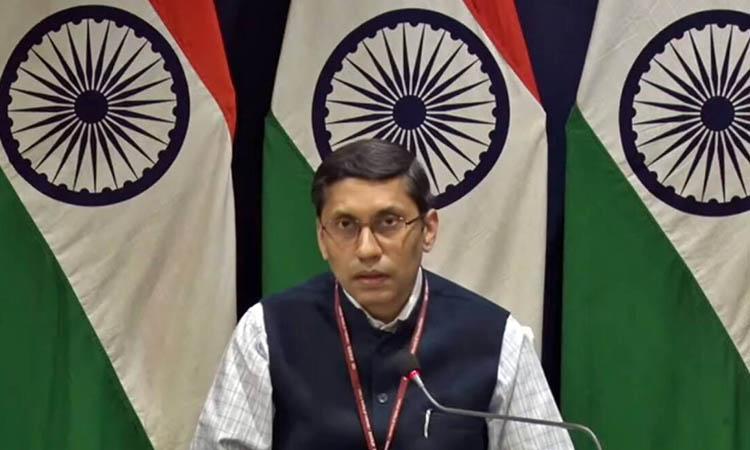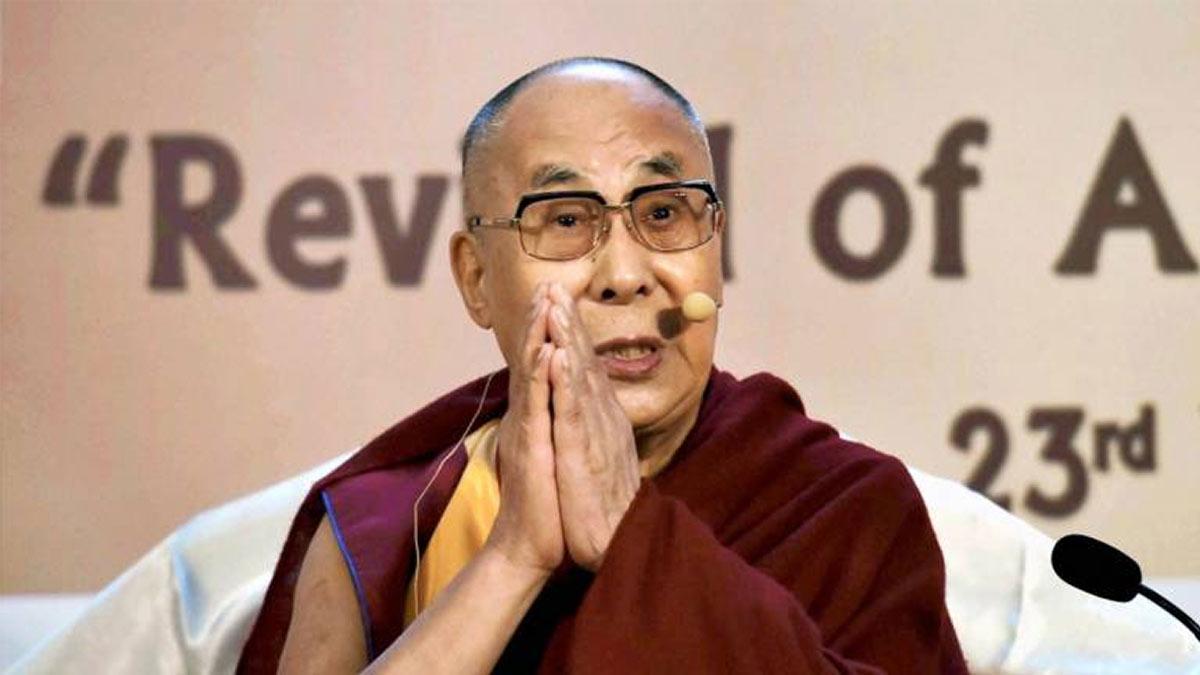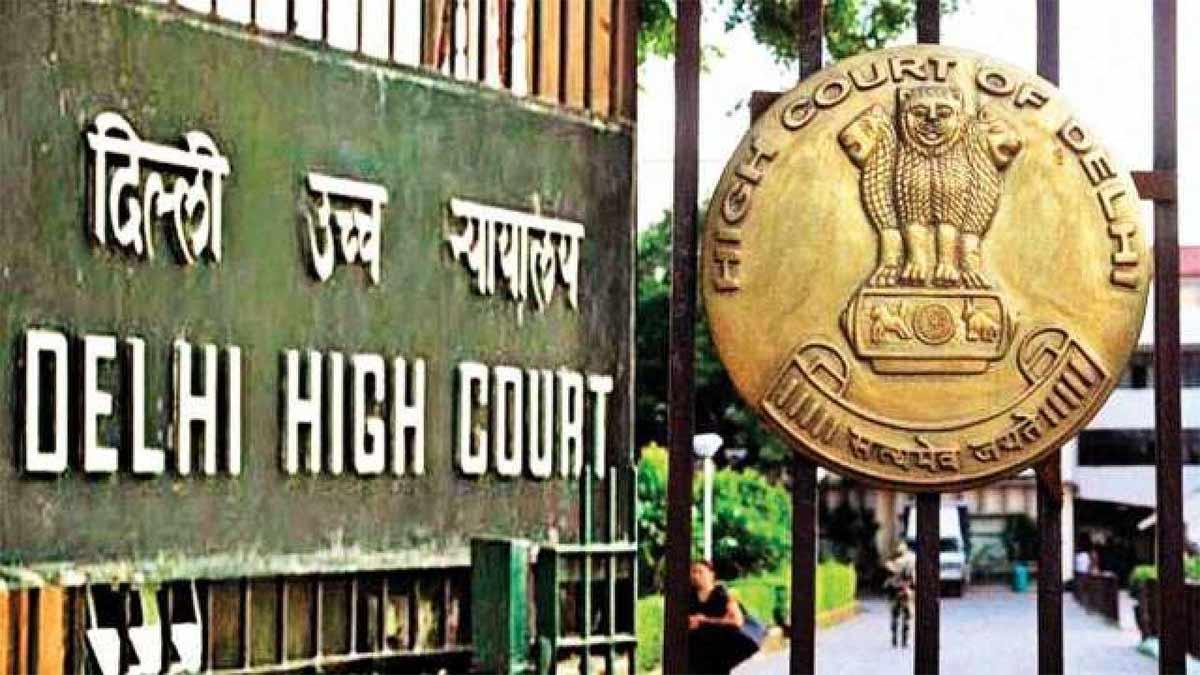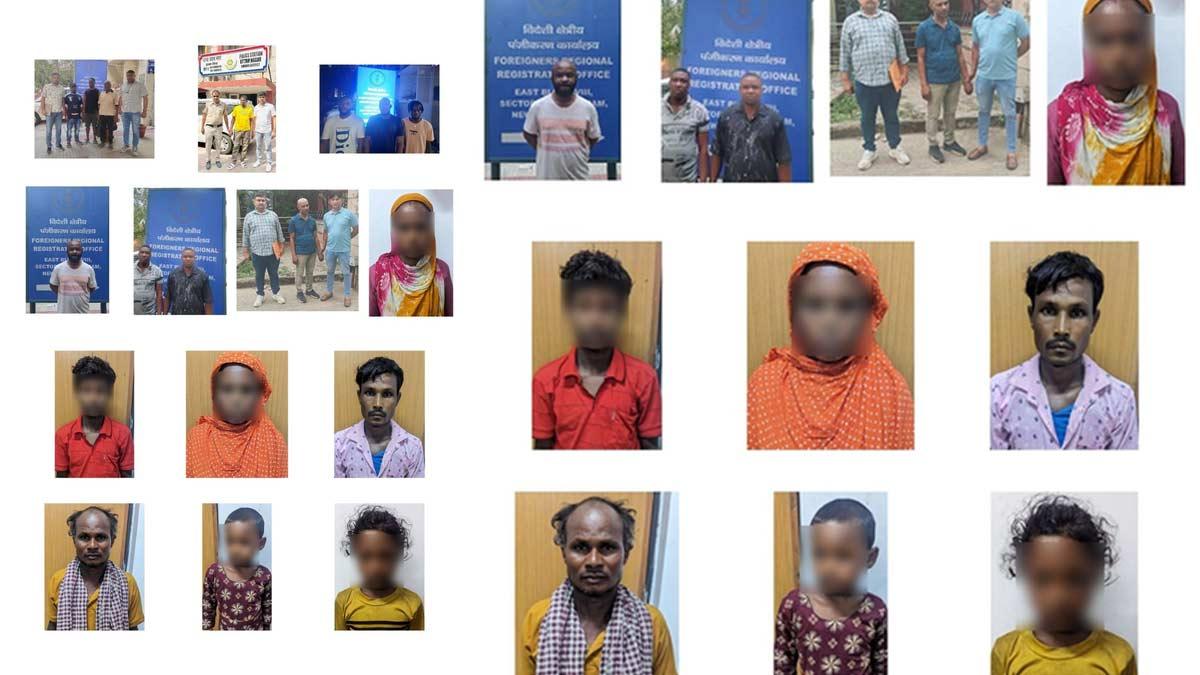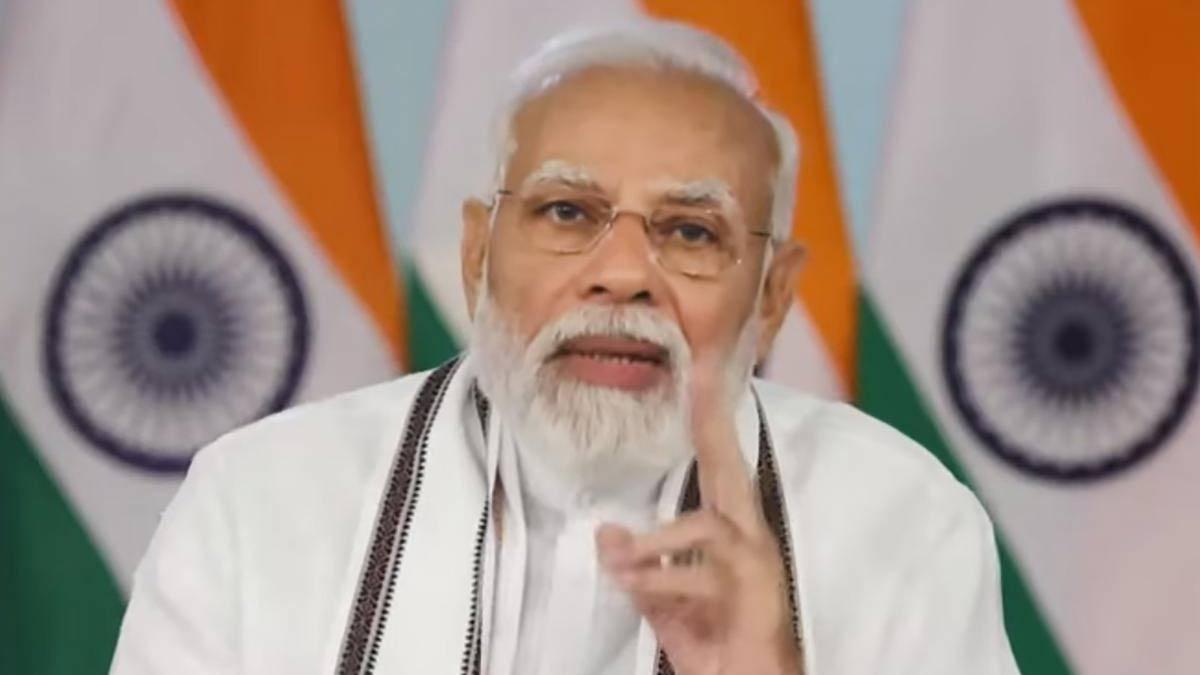India on Friday categorically rejected Beijing’s claim that the Indian Army “encroached upon China’s territory first,” and said that it was the People’s Liberation Army (PLA) instead that tried to alter the status quo in Eastern Ladakh with “provocative behaviour.”
In a fresh statement, Chinese Foreign Ministry spokesman Zhao Lijian again blamed India for the situation in Galwan Valley, saying New Delhi violated all the signed agreements and treaties by illegally crossing the line into Chinese territory.
Rejecting the allegations, External Affairs Ministry Spokesperson Arindam Bagchi said that it was in fact China’s wish to alter the status quo that led to PLA crossing the line and witnessing the Indian Army’s retaliation.
Also Read | IAF to get 56 Airbus planes worth Rs 21,000 crore
"We reject such statements. Our position with regard to developments last year along the Line of Actual Control (LAC) in eastern Ladakh has been clear and consistent," Bagchi said in response to a question on the fresh remarks by China.
"It was the provocative behaviour and unilateral attempts of the Chinese side to alter status quo in contravention of all our bilateral agreements that resulted in serious disturbance of peace and tranquillity. This has also impacted the bilateral relations," he added.
The Galwan Valley standoff started in May 2020 when the Chinese PLA reportedly started congregating around the LAC in eastern Ladakh. As the heat on the ground between two sides increased and official talks yielded nothing, on 15 June, at patrolling point 14, Indian and Chinese troops clashed for six hours in a steep section of a mountainous region in the Galwan Valley. The fighting resulted in the deaths of 20 Indian soldiers and 5 Chinese soldiers.
"Last year's Galwan valley incident took place because India violated all the signed agreements and treaties and encroached upon Chinese territory and illegally crossed the line," Zhao claimed. "We hope India will abide by all the signed agreements and uphold peace and stability in the border region with concrete actions," Zhao said in reply to a question on India's border patrol protocols.
The escalation was later contained in February 2021, following series of high-level talks held at the diplomatic level. Both sides agreed to a ceasefire and withdrawal of troops and weapons from the north and south banks of the Pangong lake. Currently, both sides have around 50,000 to 60,000 troops along the Line of Actual Control (LAC) in the sensitive sector.

